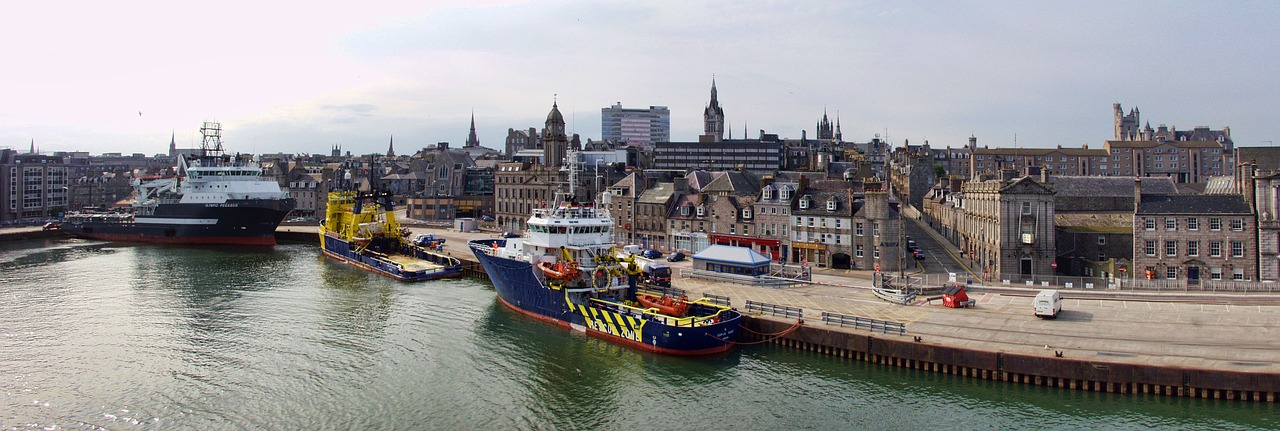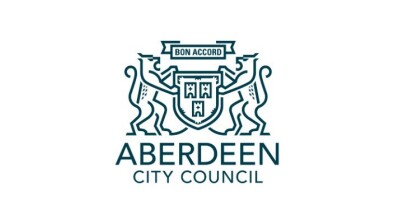Aberdeen City Council helps thousands throughout COVID-19 pandemic
Aberdeen City Council has helped thousands of residents in the last 11 months during the coronavirus pandemic including 45,578 calls and online requests to a crisis support line, 4,652 food boxes sent to vulnerable or shielded people, and 8,784 calls for financial assistance and advice.

Supporting communities and the most vulnerable people within them has been at the heart of how Aberdeen City Council has responded to coronavirus since the council’s first lockdown started on 23 March 2020.
A major effort has been carried out with third sectors to ensure people who were most in need could get help, food, and assistance with obtaining medicines and other essential deliveries such as care packs.
There has been a total of 13,543 applications for a Scottish Welfare Fund Crisis Grant, and 8,903 were approved totalling £646,701. In addition, a total of 8,784 people have asked for financial assistance and advice.
There has also been 6,903 calls made to those self-isolating by Test and Protect, and 3,007 follow-up calls.
Councillor Jenny Laing, Aberdeen City Council co-leader, said: “Our communities all over the city have been adversely impacted by the pandemic and it is the most vulnerable who are the most affected.
“Supporting the most vulnerable has been at the heart of our response and Aberdeen City Council staff, along with the third sector, have done a tremendous job and have often gone above and beyond to support people. We will continue to provide help and support, particularly to the most vulnerable, during these difficult times.”
For local businesses, the number of applications for the Scottish Government grants being administered by ACC totals 5,623, with 5,336 grants awarded totalling £38,947,425.
Another part of helping communities during the virus is communicating how essential services continue to be delivered with social distancing, what support is available for residents and businesses, and what is happening with non-essential services.
The council set up a webpage which has all the up-to-date information on it, and it has had 619,635 visitors since it was set up, and the automated response bot on the council’s website AB-1 has had 7,641 conversations with customers.
For those unable to find the right support, Aberdeen City Council set up a free support line on 0800 0304 713 which also links with the national crisis line set up by the Scottish Government.
Since last 23 March, there has been 43,578 calls to the crisis helpline.
Requests to the crisis line have ranged from signposting, completing crisis grant applications, assisting people with an urgent food need, providing financial and benefits advice, and support with housing options including homelessness. The council has received 1,299 homelessness applications, 935 of which required and secured temporary accommodation during lockdown.
The support line is available 24 hours a day, seven days a week, offering specialist welfare support, including what to do if people are struggling to pay bills. The support line also takes requests for people wanting help to get food and passes to one of the main third sector partners during the lockdown, Community Food Initiatives North East (CFINE).
CFINE provides healthy food for people living in disadvantaged communities and those living in poverty and aims are to improve health and well-being and the environment, tackle poverty and build resilience for and with disadvantaged and vulnerable individuals, families and communities.
Aberdeen City Council has delivered a total of 1,128 food boxes to vulnerable/shielded people, those in poverty, and people who can’t get out to supermarkets as they are, for example, being medically shielded.
In addition, Aberdeen City Council has had 1,354 children registered for key worker/vulnerable children receiving childcare, 829 pupils have been supported in schools, 1,111 children have been supported through the outreach model, and the numbers of pupils and staff active in Google Classroom over any seven-day period was 25,600.
With libraries closed during the pandemic, there has been a 310% increase in online library membership, and a 216% increase in ebook or eaudio loans. Library services can be accessed through Libraries and Archives.





